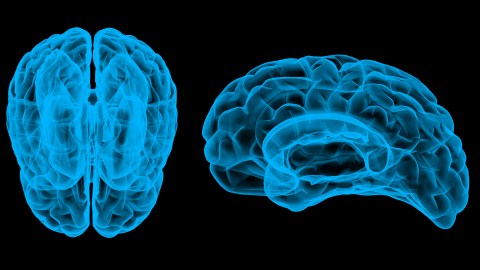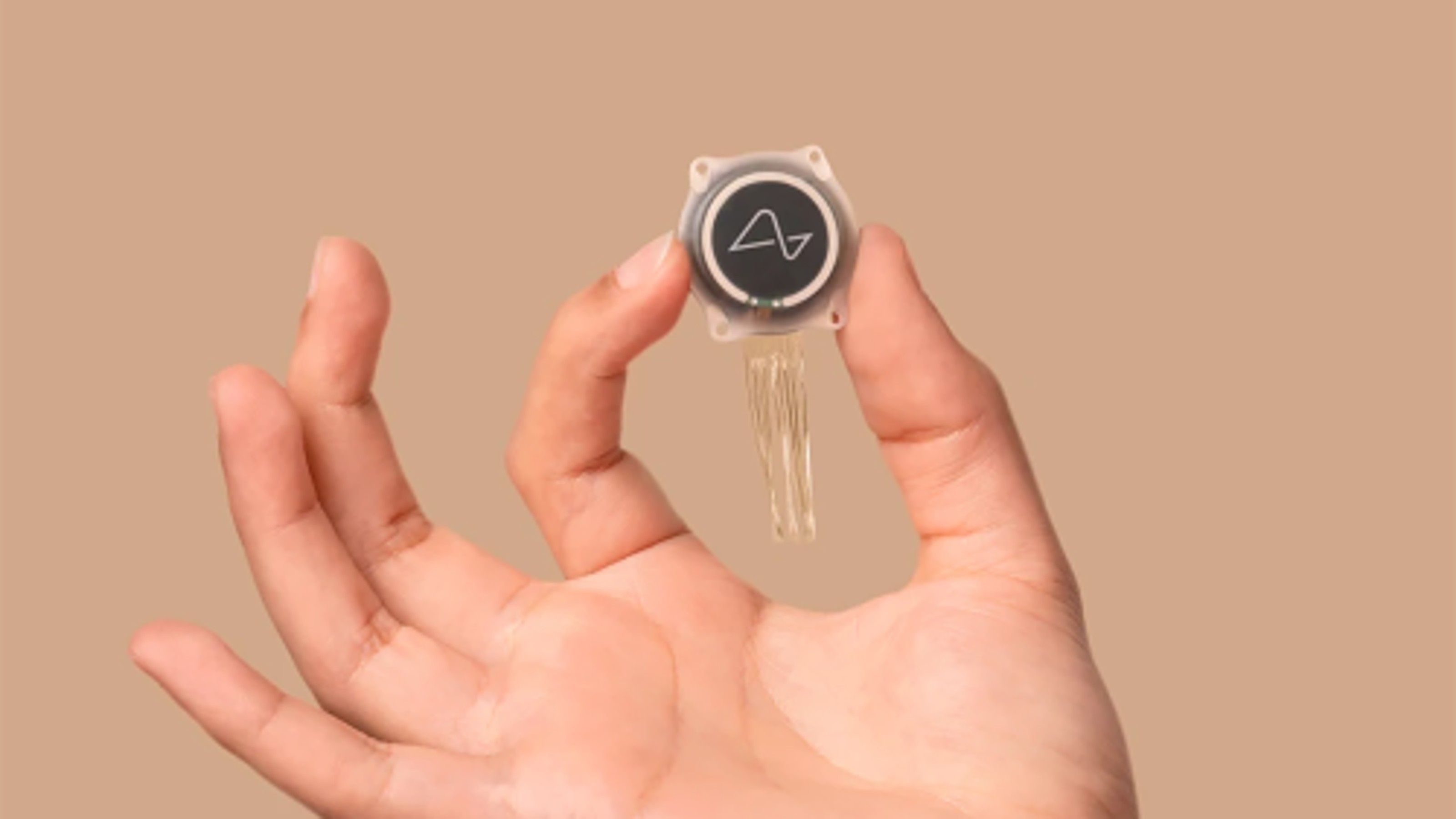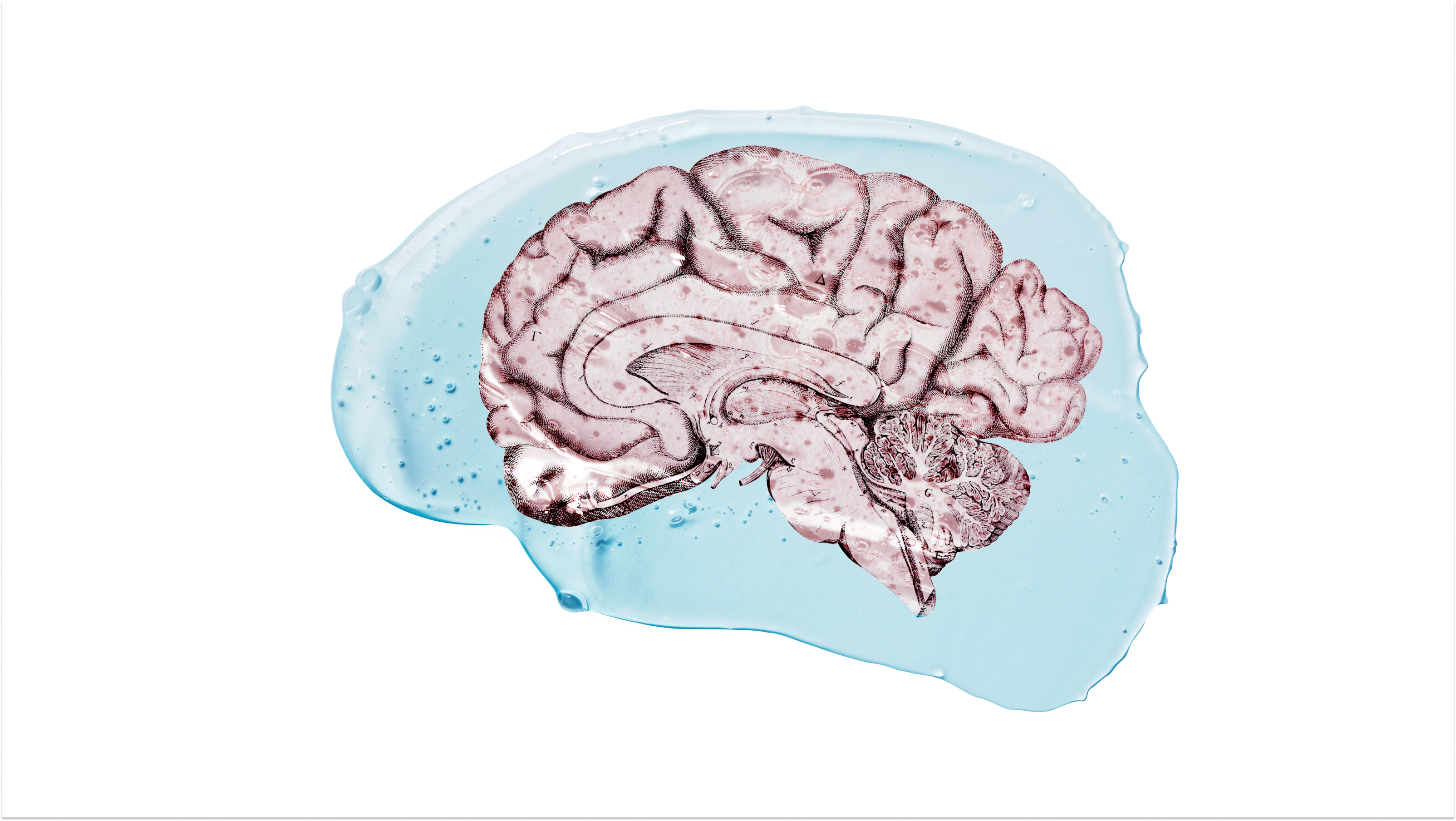How Neuroscience Is Changing Medicine

What’s the Latest Development?
At the Aspen Brain Forum last week, attendees were treated to recent marvels of neurological science including protheses controlled by the mind and artificial visual systems that allow the blind to see. “At the Aspen meeting…Robert Greenberg, CEO of Second Sight, described how his medical-device company developed a prosthetic-sight system. In its current form, the system transmits image data from a camera to a 60-pixel implant in the retina. However, the company is talking about a future version of the system that bypasses the eye altogether and instead sends the image information directly into the visual cortex.”
What’s the Big Idea?
Despite recent medical developments, our understanding of the brain is still quite incomplete. It is for this reason that American and European governments have pledged $100 million and $1.3 billion, respectively, toward mapping neuron and circuit-level activity in the brain. New medical techniques are proof that progress does not depend entirely on understanding, and that patient health may improve without knowing all the answers. “It’s so difficult to get anything to work in the human brain at all,” said Ed Boyden, an MIT neuroscientist. “It’s enormously complex, and the risk for patients is high.”
Photo credit: Shutterstock.com
Read it at MIT Technology Review





